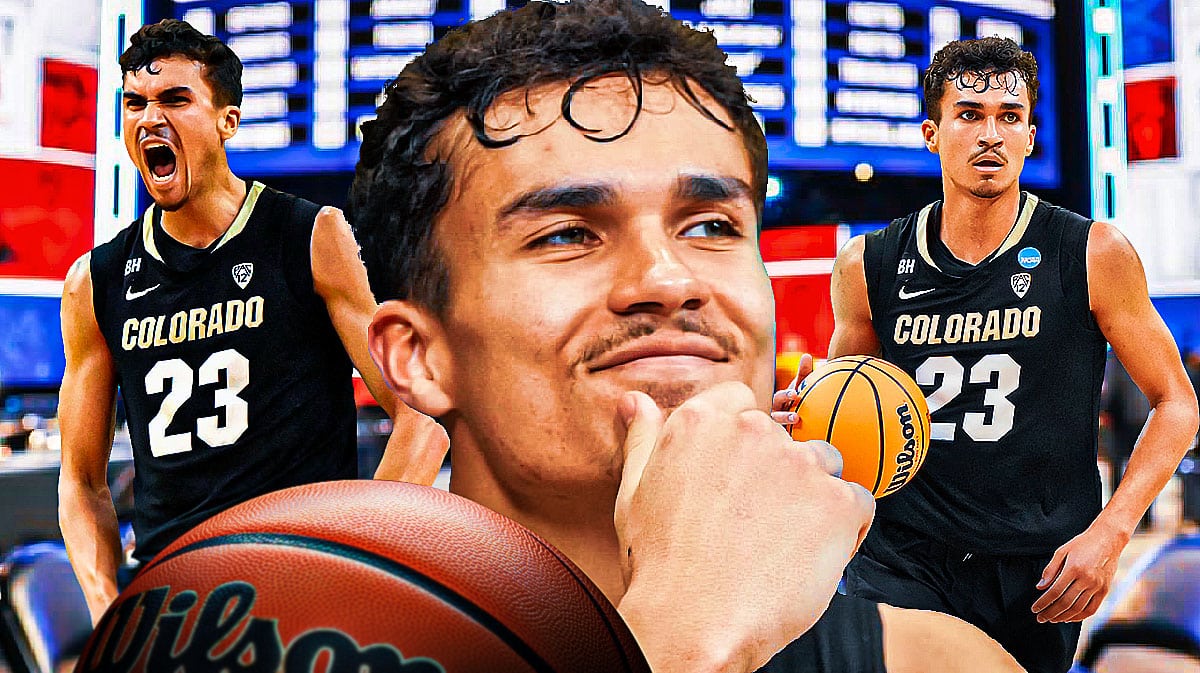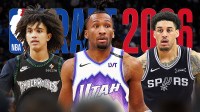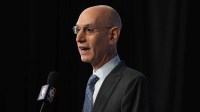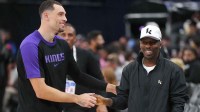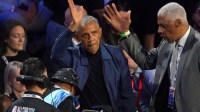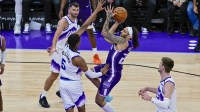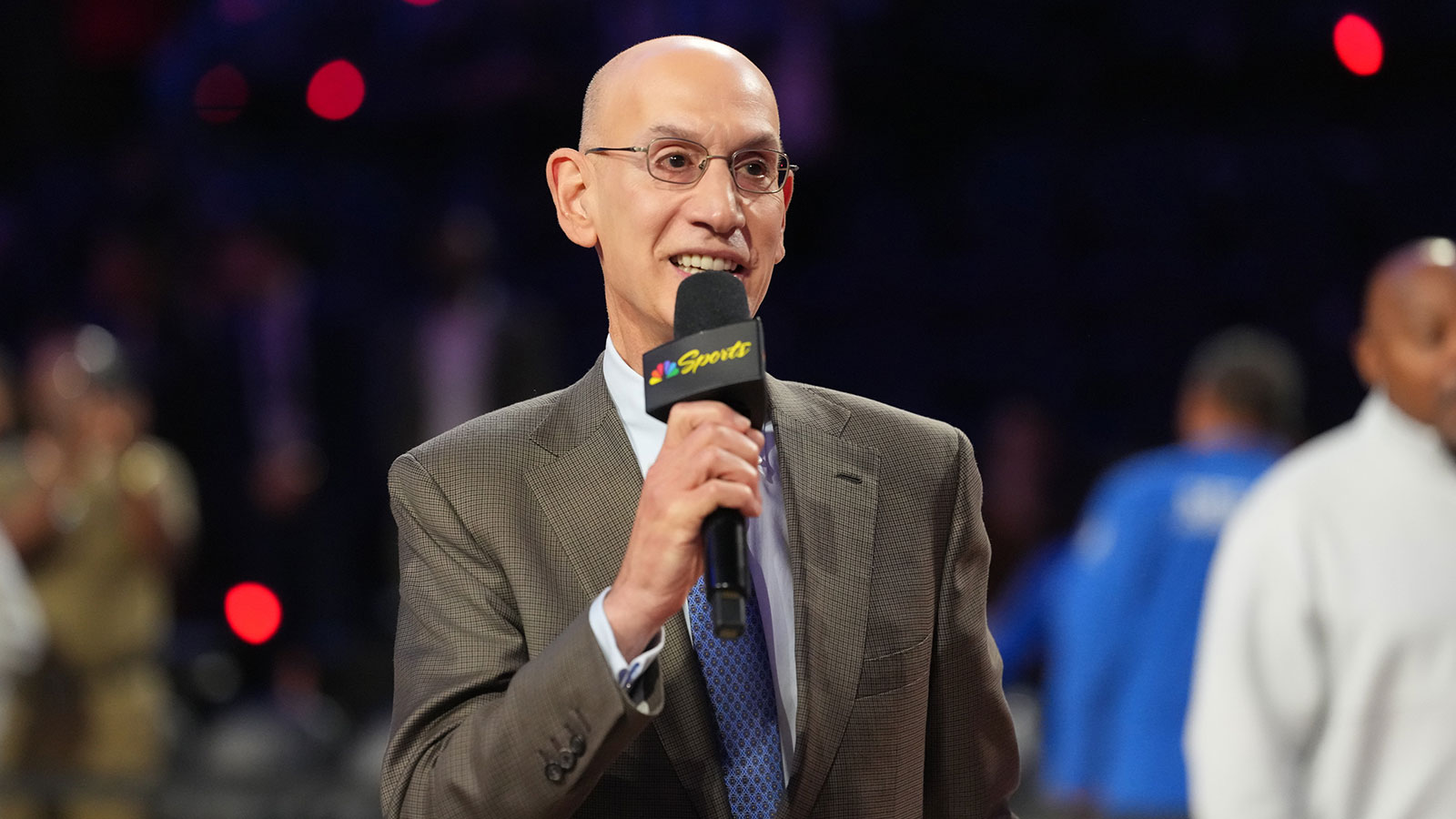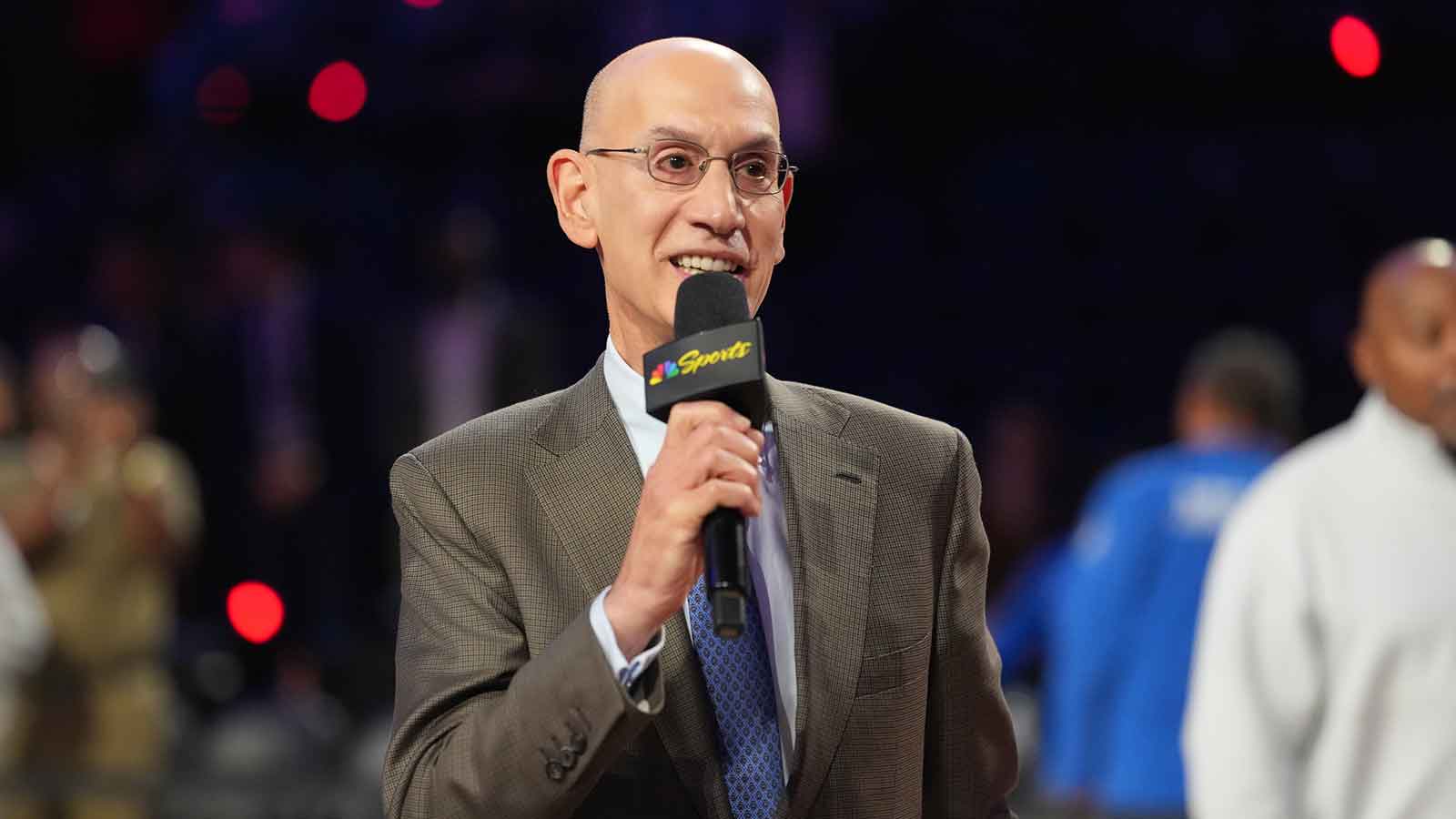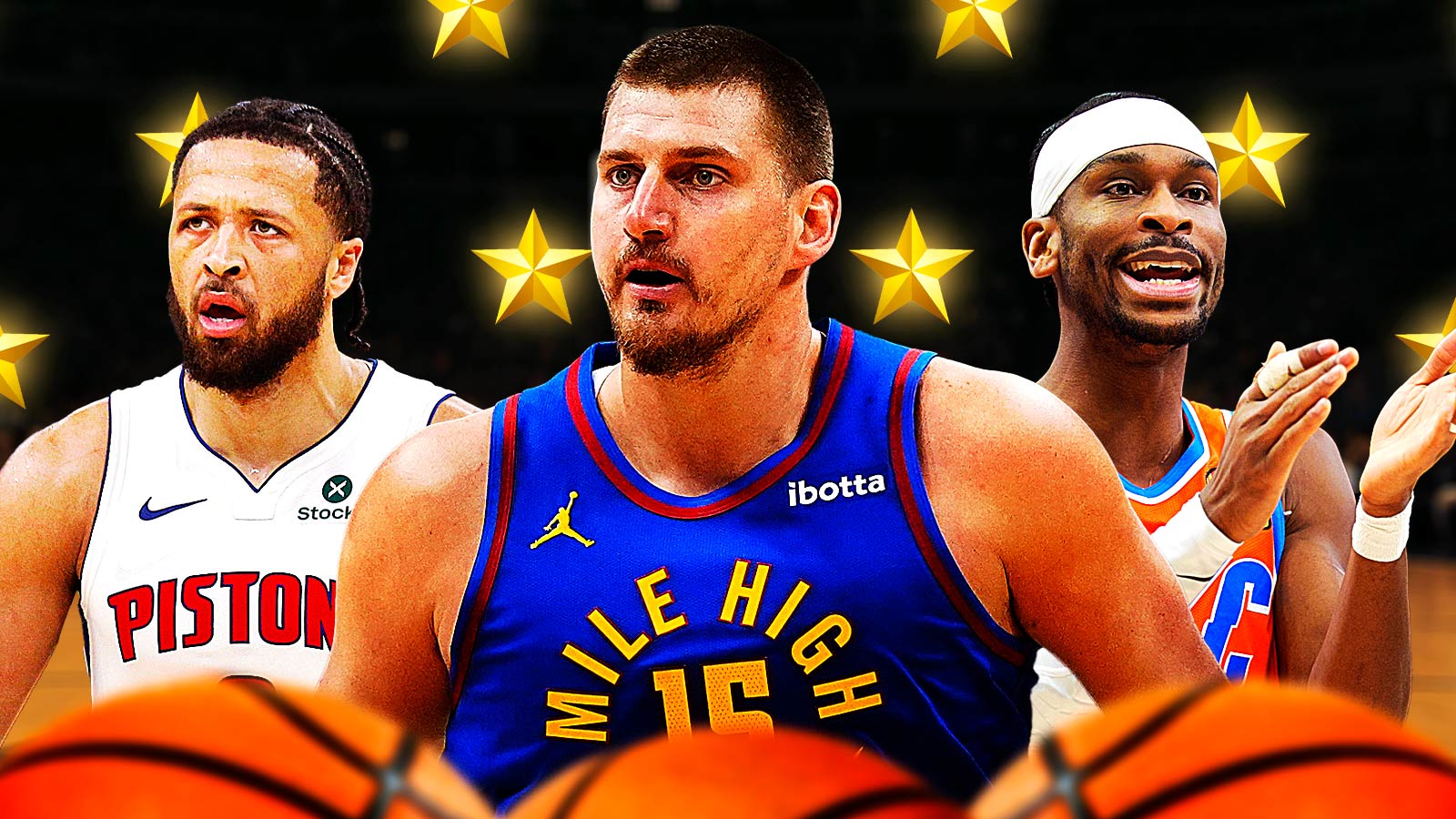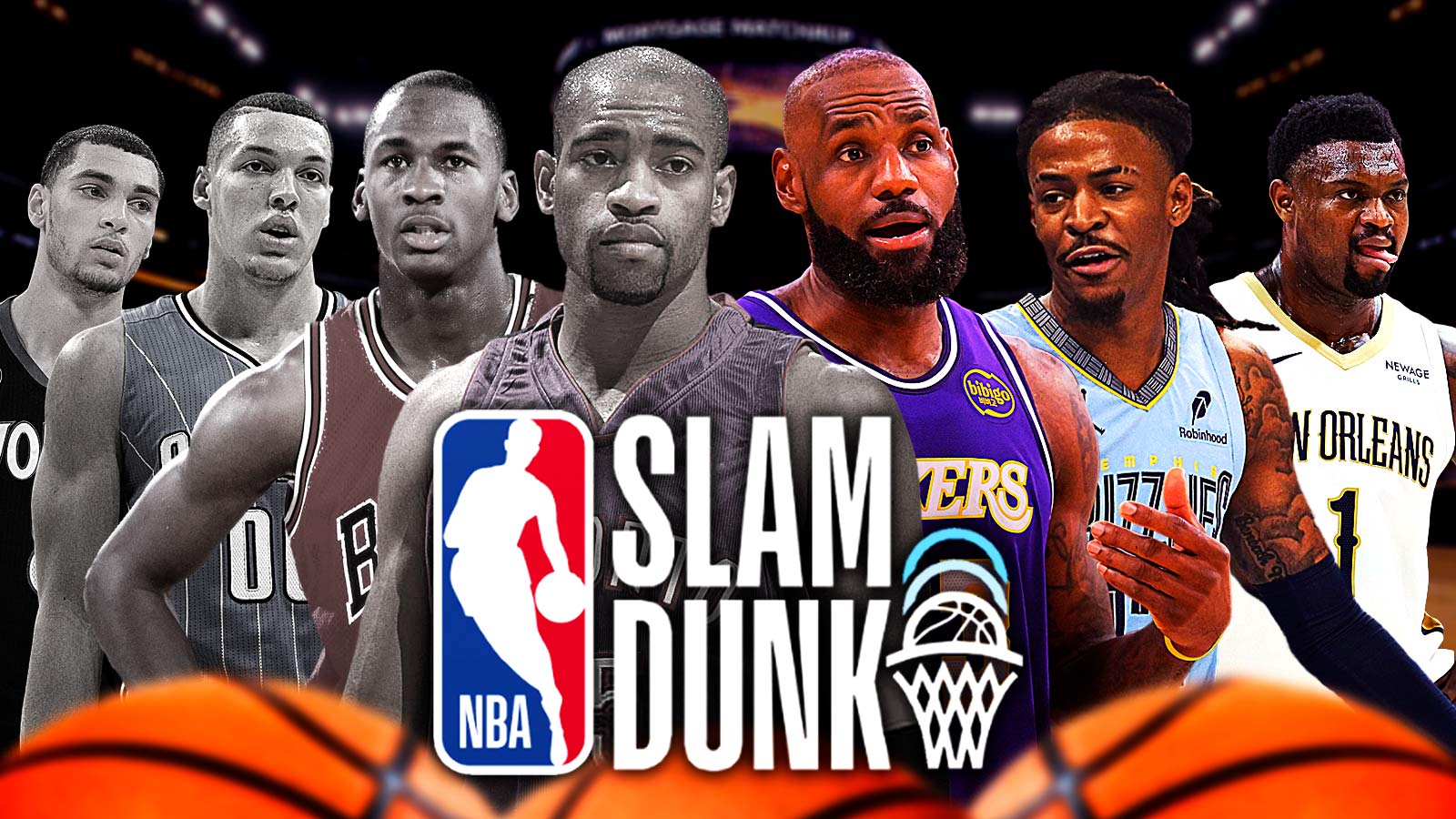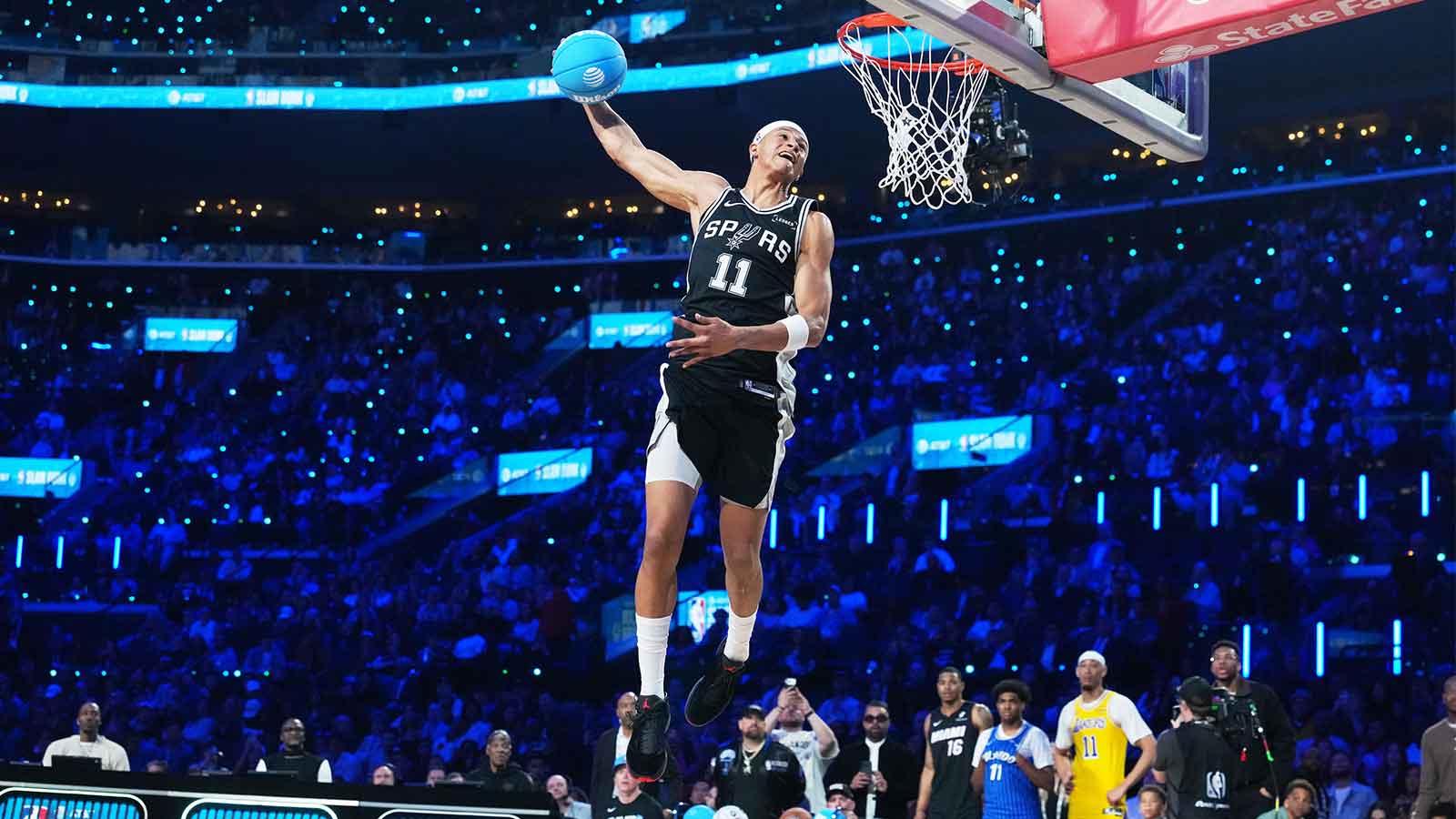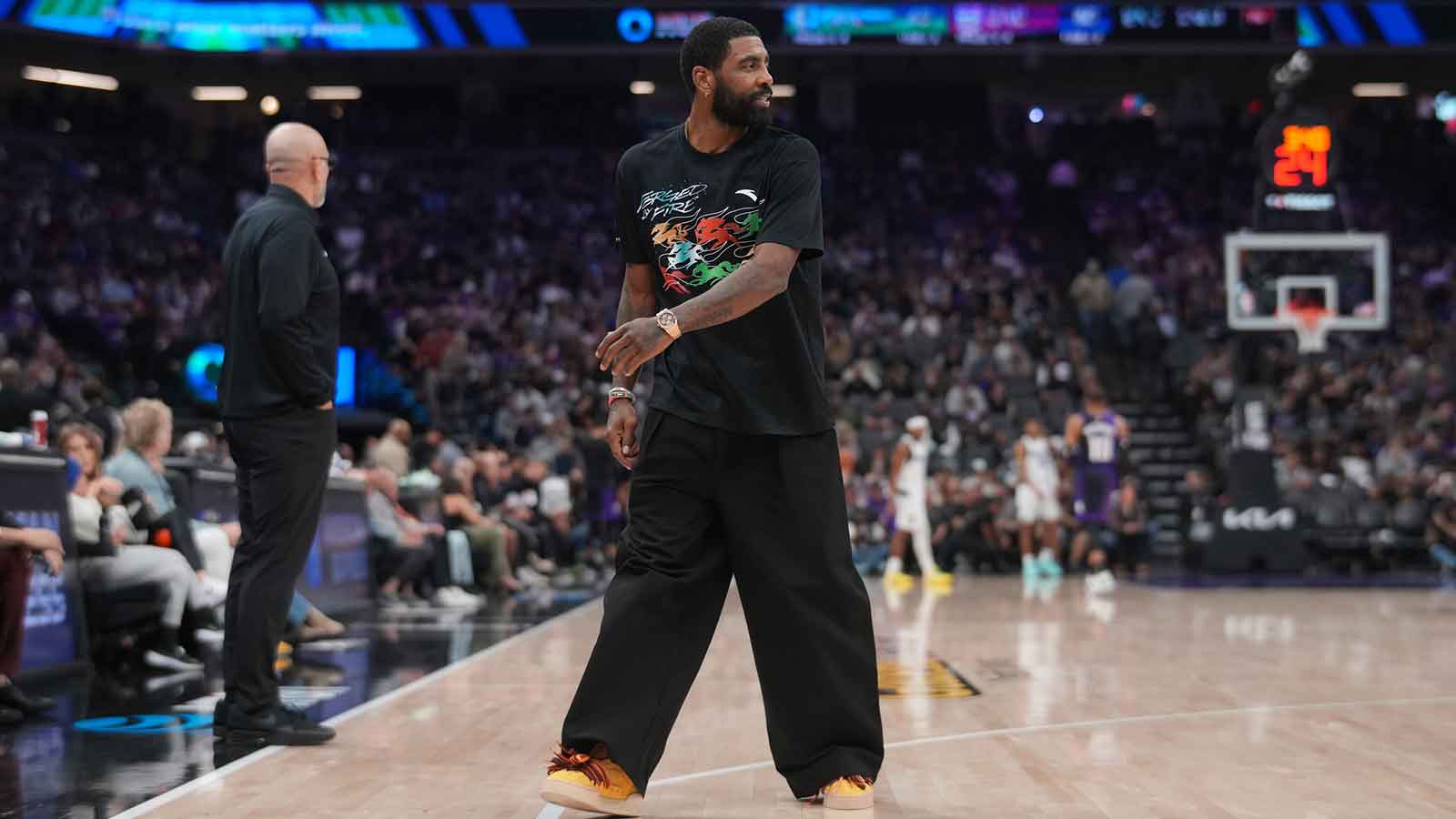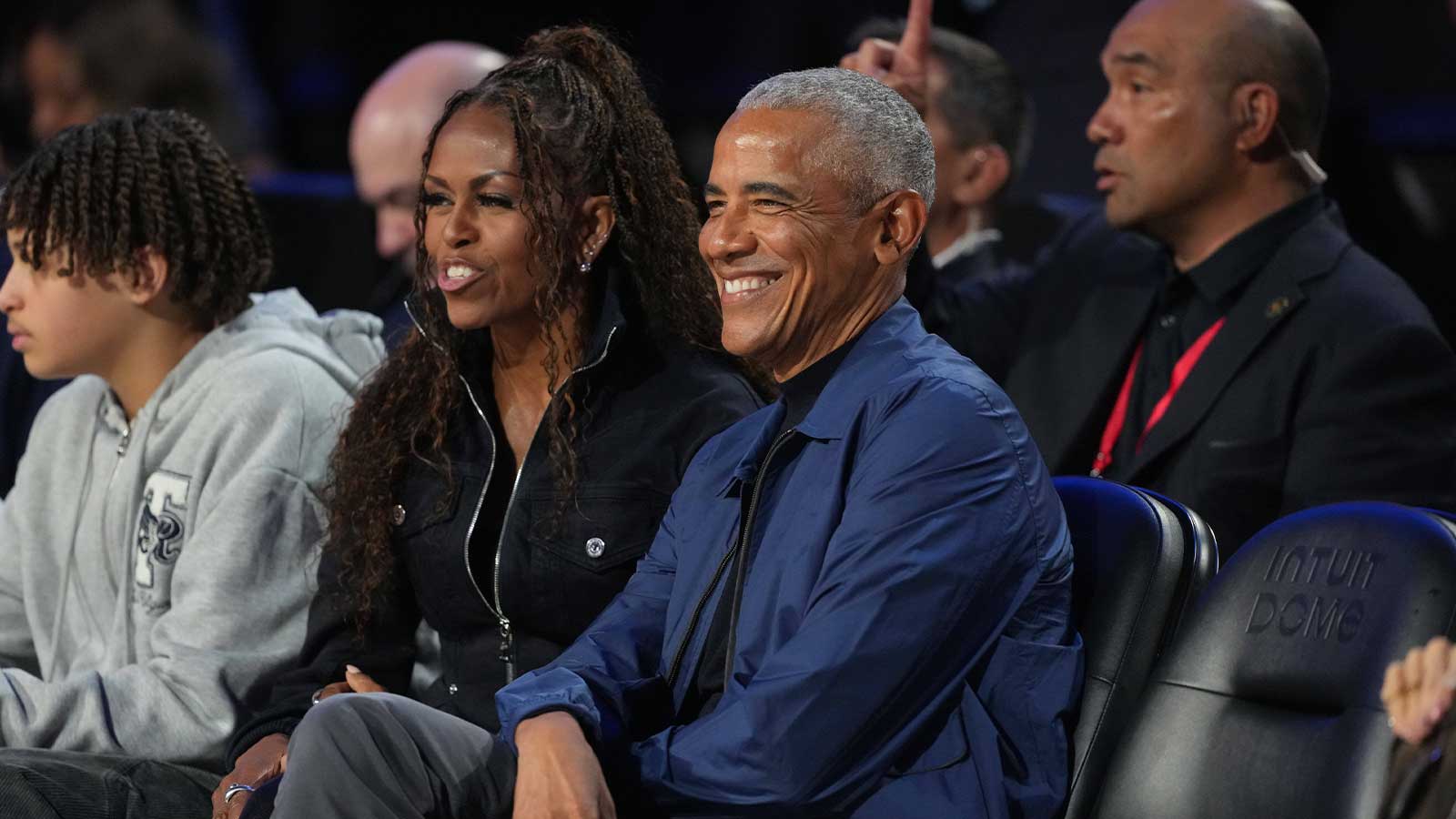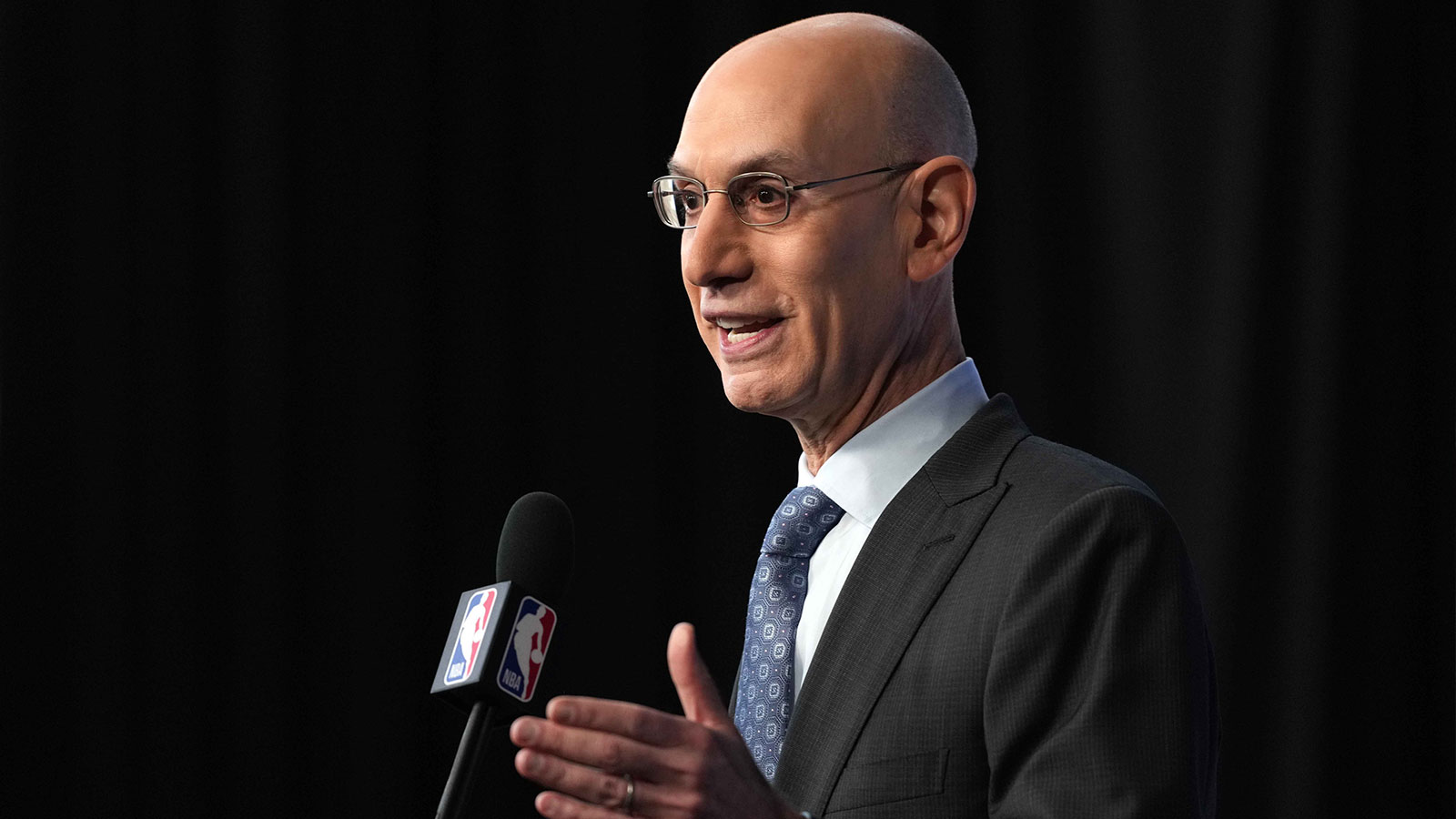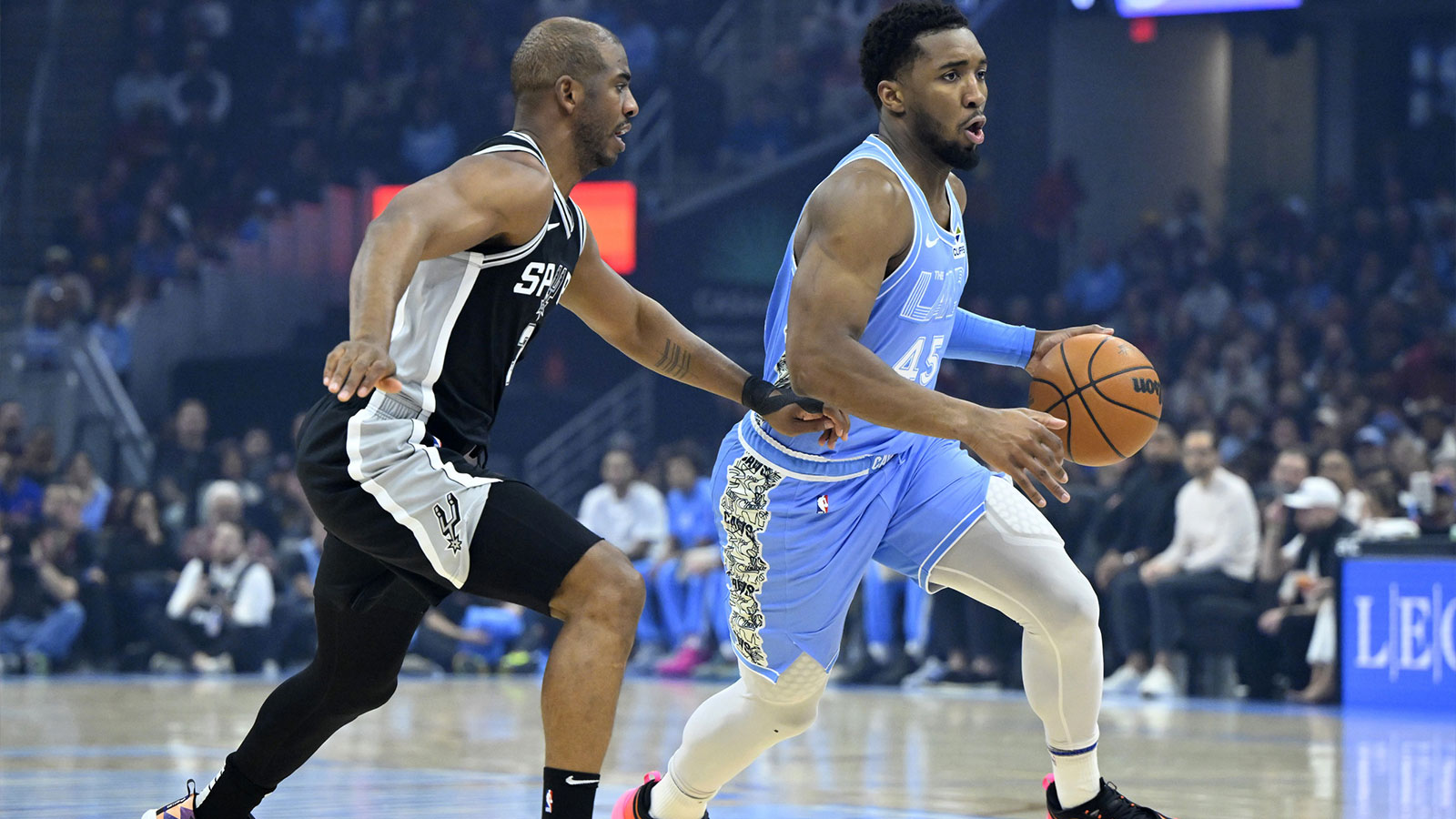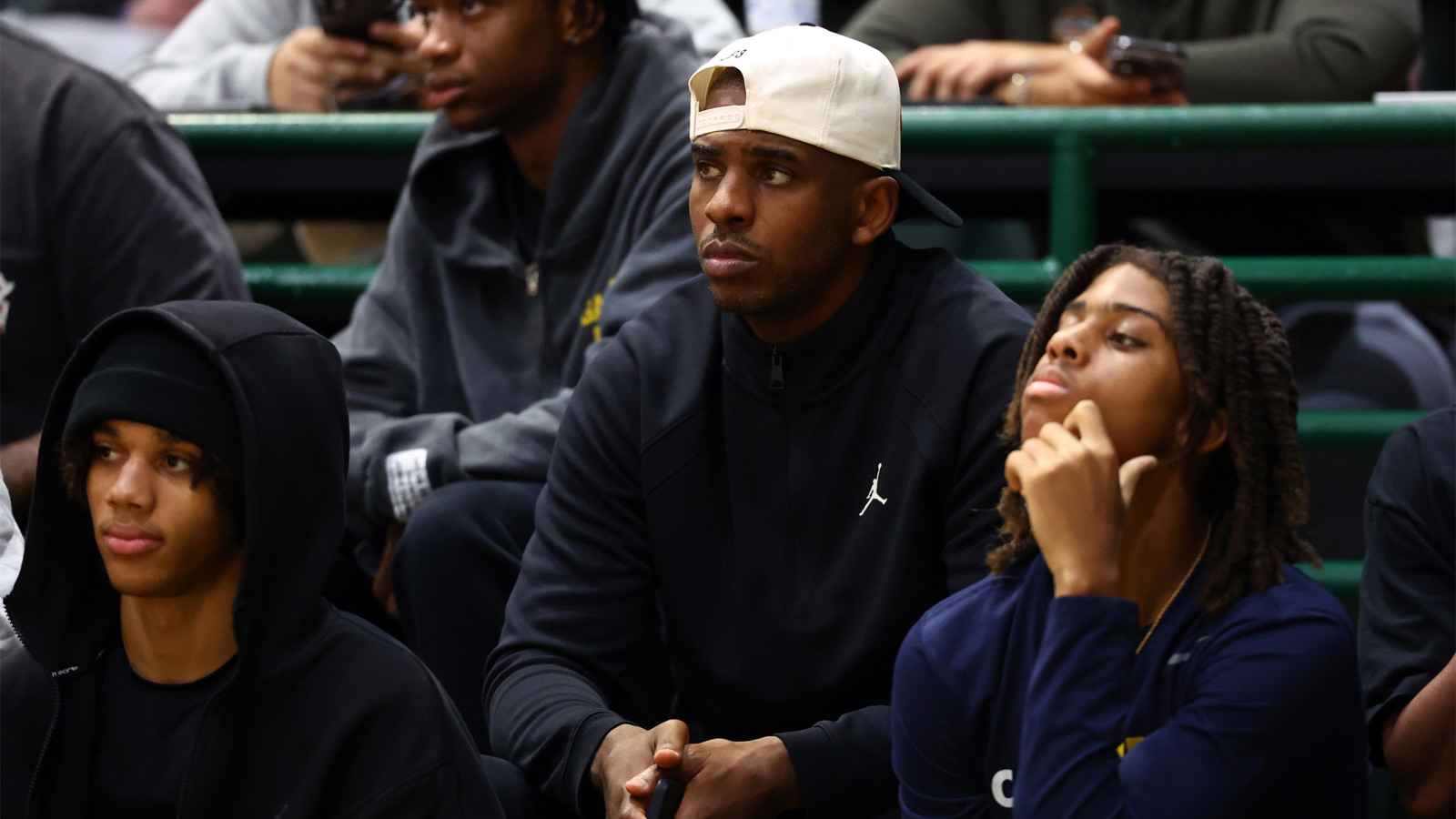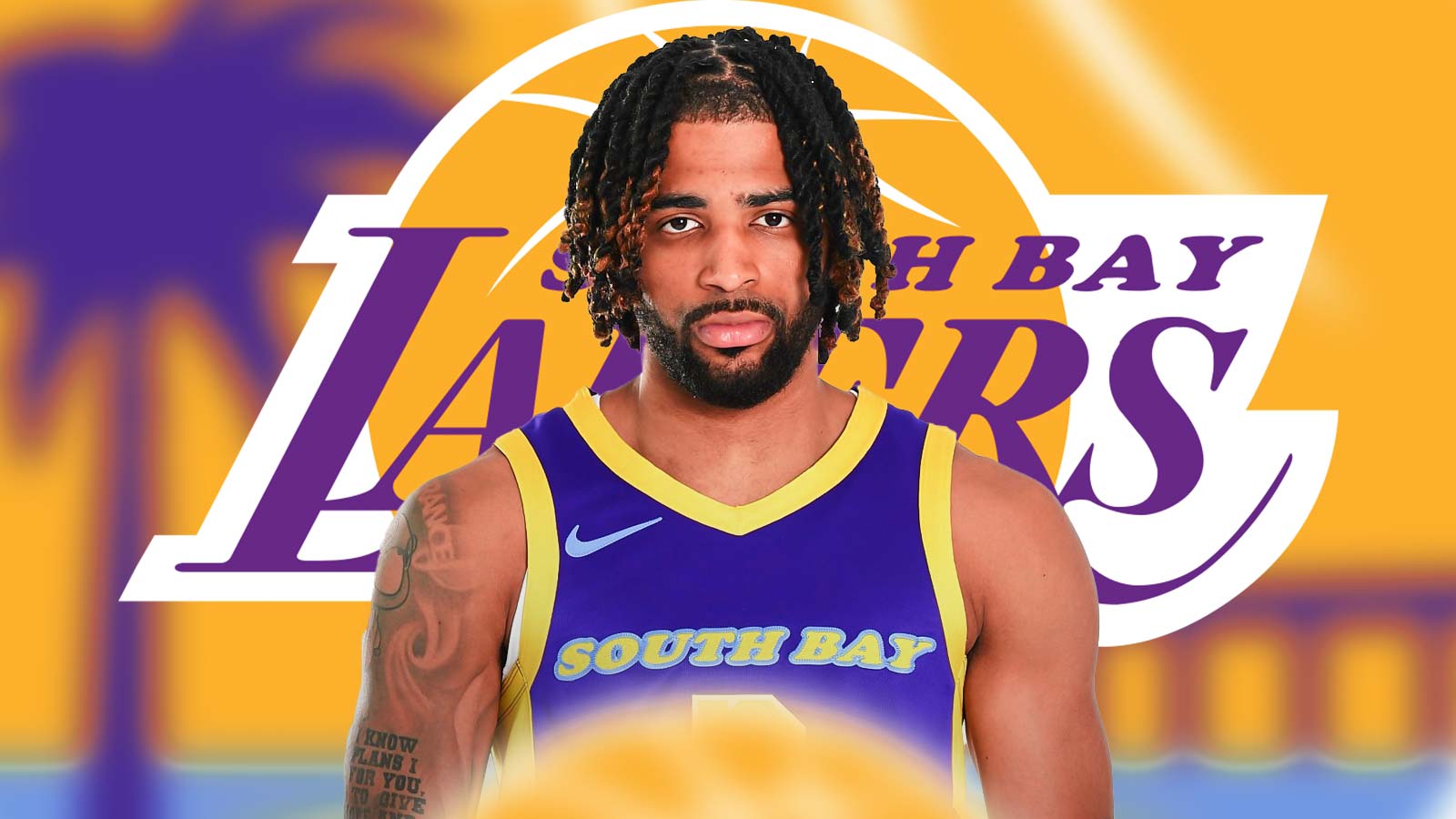The 2024 NBA Draft is expected to be very unpredictable, starting with what will occur at the very top of the draft board. However, teams will always be able to find value in experienced, older talents who stuck with the college game for all four years. Tristan da Silva is one of those players, as he is expecting to hear his name called in the first round of the NBA Draft in June after beginning his college career not being on any NBA teams' radar.
Unlike many of the top prospects in this year's draft, da Silva is set to begin his NBA journey after spending four years at the University of Colorado. Born in Munich, Germany, and growing up overseas, the 23-year-old forward brings a lot to the table not just on the court from a basketball perspective, but in terms of his personality as well.
Many NBA talents are always playing video games or resting in their free time. What makes da Silva so unique is his diverse background as a musician and someone who has been exposed a lot of different cultures. While some are afraid to try new things, the projected first-round pick embraces the challenge of new experiences.
“I enjoy the little things in life, and I try to switch up my routines every now and then to stay refreshed,” da Silva told ClutchPoints in an exclusive interview ahead of the 2024 NBA Draft. “I’m always down for trying and learning about new things. I am a pretty curious person who loves to learn.”
With the NBA Draft four weeks away, da Silva is obviously busy in the gym, working on his craft in front of NBA teams and executives. He can play a variety of positions, and his overall understanding for the game is what has him ranked so high in the pre-draft process. At the NBA Draft Combine, the Colorado product proved all of his doubters wrong during the agility and strength testing.
For some odd reason, there have been reports about da Silva not being as athletic as others in this draft class, a common misconception that is associated with older players in the NBA Draft each and every year. Although he hears the outside noise, da Silva doesn't it bother him. Instead, he takes this as an opportunity to rise above those talking down on him. At the end of the day, he knows it will be their loss in the end.
“If you’ve seen me over these last four years, you have a good idea of the type of person and player I am,” da Silva continued. “If NBA teams are still questioning whether I can bring anything to the table for them, then it’s a mistake on their part!”
A 6-foot-8 forward with a 6-foot-10 wingspan, da Silva is one of the most versatile forwards in this draft class due to his ability to fill many different roles. His draft range currently spans anywhere from being a lottery pick to being selected shortly after the lottery in the draft. The former Colorado Buffalo is currently projected to be picked 15th overall by the Miami Heat in ClutchPoints' 2024 NBA Mock Draft 2.0.
In a total of 34 games this past collegiate season, da Silva averaged 16.0 points, 5.1 rebounds, and 2.4 assists per game while shooting 49.3 percent from the floor and 39.5 percent from three-point range. He earned All-Pac-12 honors for the second time in his career and was the main reason why Colorado was able to make their first NCAA Tournament appearance since 2021. Now, he is ready for the next chapter in his basketball journey.
Ahead of the 2024 NBA Draft, da Silva sat down and spoke with ClutchPoints about how he has evolved from a player nobody knew to being one of the best in college basketball, as well as why NBA teams shouldn't overlook him because of his age.
CP: Early on, what type of role did basketball play in your life? Was it the first sport you fell in love with or did you have other athletic desires?
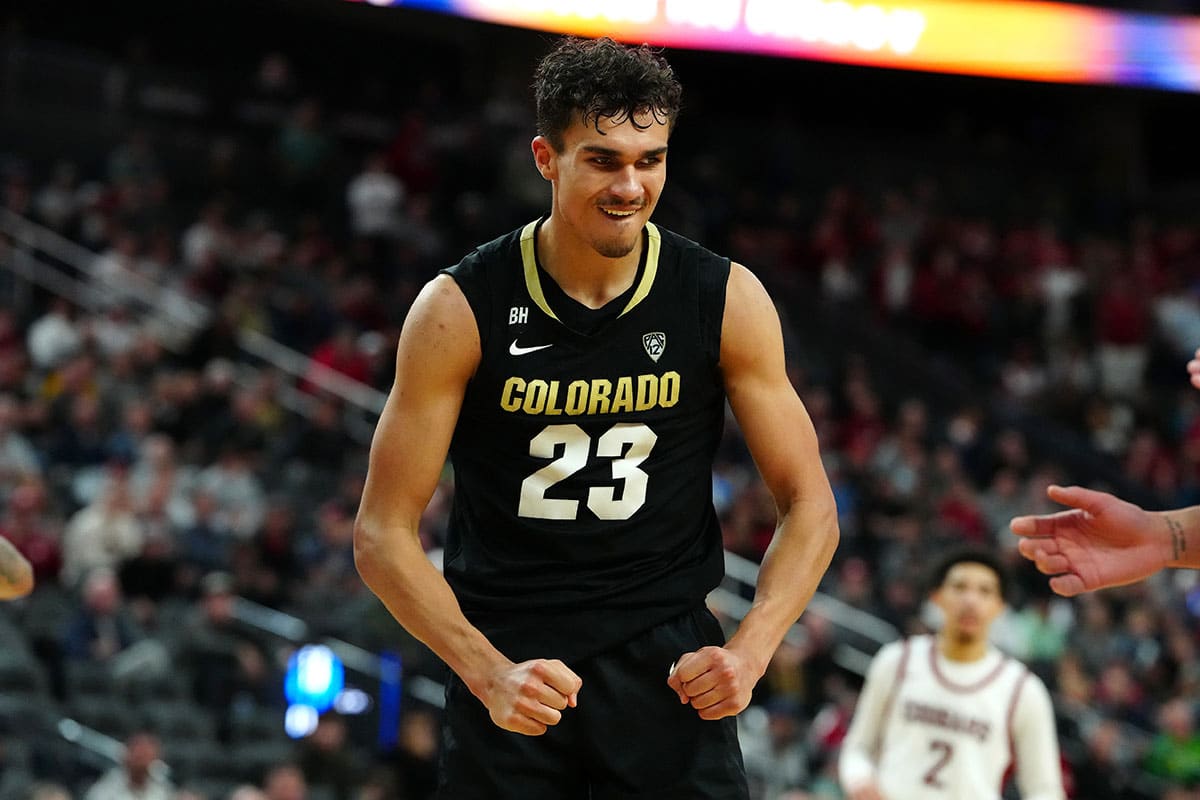
Tristan da Silva: Soccer was actually my first sport, if I am being honest. Obviously, being a mix of German and Brazilian, soccer is kind of in my blood. That was my first love. I think I started playing basketball when I was about six or seven years old, around the same time as my brother. I still kept playing soccer on the side, although I wasn’t with a club. I would say my time playing soccer was more recreational than anything else just because I found enjoyment in it. Honestly, basketball was more of a hobby until I was about 16 and I started growing. That’s when I kind of realized, ‘Okay, I can make something out of this.’
CP: You were born in Munich, Germany, yet German and English aren’t the only two languages you speak?
TdS: It’s so weird because broadcasters and reporters make up these wild stories about me speaking five languages. If you want the honest truth, I speak two languages fluently: English and German. My Portuguese is good, but I never lived out there, so I wouldn’t say I am fluent. I just know the stuff I was raised with. I had family out in Brazil too, so I learned just by talking with them. The other languages were ones I was taught in school, so I wouldn’t count those.
CP: Word on the street is that you’re also a very talented musician? What instrument did you play, and did you actually consider the music industry being your future career at one point?
TdS: I’m not going to lie, I did actually consider music. I played the trumpet for about seven or eight years. I really enjoyed it. I was in two different orchestras, as well as the school band. I took lessons every week, and I was in this program that sort of guided students to pursue a career in the music industry. If I wanted to go that route with my life, I definitely could have. I’m not trying to brag or anything, but I was pretty good!
CP: Besides being extremely talented at basketball, you’ve been exposed to a ton of different cultures and you have an incredible background with music. What else do we need to know about Tristan da Silva before you're drafted because I also hear you have a passion for movies and fine arts.
TdS: [Tristan laughed] Who is out here giving away all of this information on me? I do really enjoy movies, and I’ve always had a soft spot for fine arts like musicals and plays. People always look at me as simply being an athlete and basketball player, but at the end of the day, I’m just a normal guy who enjoys stuff everyone else does. I enjoy the little things in life, and I try to switch up my routines every now and then to stay refreshed. I’m always down for trying and learning about new things. I am a pretty curious person who loves to learn. I like to be exposed to new experiences, whether it be different cultures, different arts, etc. Since I have a pretty diversified background, I tend to believe I have a better sense of appreciation for these types of things.
CP: Was there anything you weren’t involved with growing up? How did you fit basketball into your busy schedule?
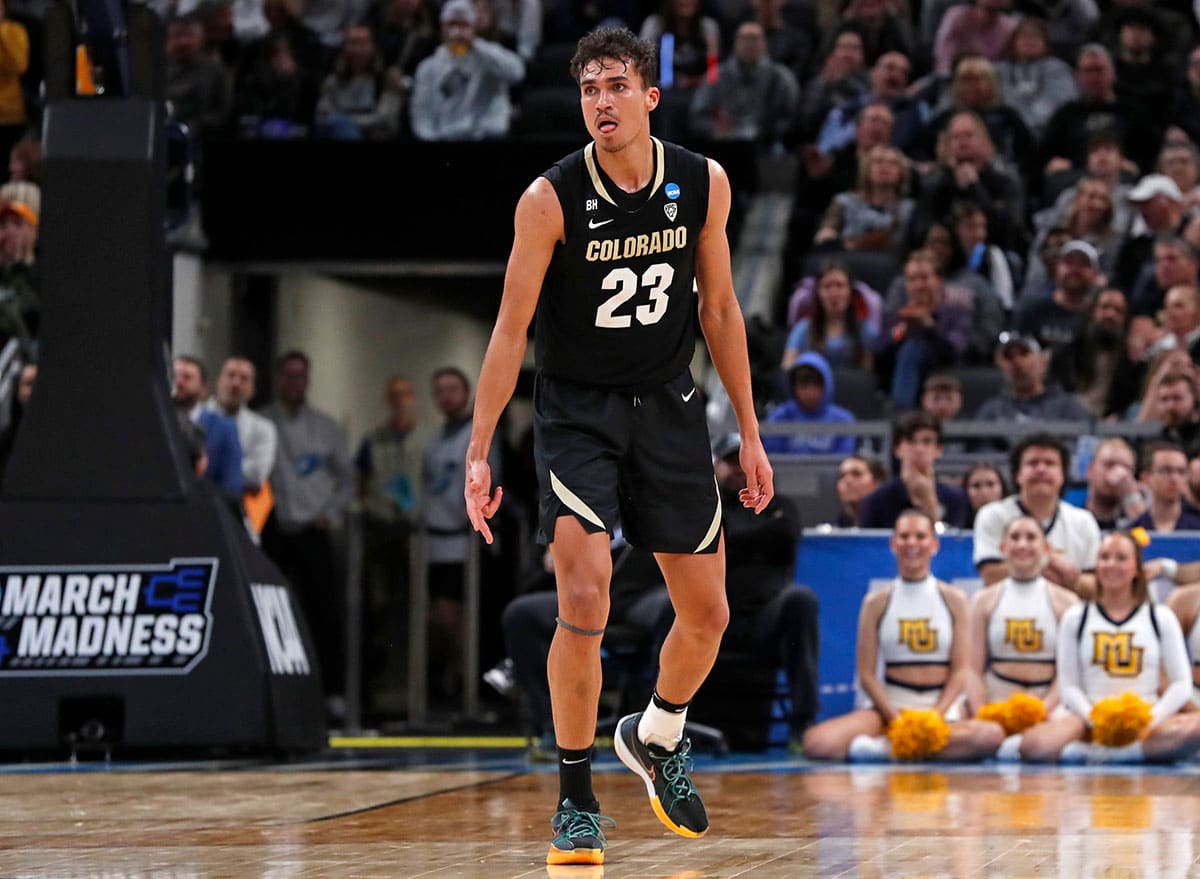
TdS: It was pretty hectic, I’m not gonna lie to you. Every now and then, I’d call my mom and be like, ‘I don’t want to do this and I don’t want to do that,’ because I had school from the early hours of the morning, followed by some sort of practice for either a sport I played or the trumpet. My basketball practices were also an hour away and I had to take a train to get there. It was still in the same city, but it was just about how to get there, and obviously, you want to get there a little bit earlier than right on time for practice. It definitely took a lot out of my day. At the same time, it kept me busy and kept me in a good routine. I was never really bored, that’s for sure!
CP: At what moment did you realize that playing professional basketball was truly an option for you?
TdS: Probably my sophomore year at Colorado. Before that, like right before coming to college, I had a little scrimmage with some professional players in Germany just to see what my options were in case the pandemic ruined my chances of going to college. I felt a sense of belonging while playing against those guys, and that gave me the confidence I needed. During my sophomore year in college, I started playing a lot more and I was more comfortable on the court. I put together some good games while also gaining the confidence of my teammates too. Everything kept trending in the right direction. It was up to me to fulfill this path.
CP: Well, it’s a pretty good thing you chose to stick with basketball, because you were one of the standout seniors in all of college basketball this past year at Colorado, earning All-Pac-12 honors for the second time. Over your four years at Colorado, what was the biggest lesson you learned?
Tristan da Silva went fo 27 and 11 last night with Cody Williams out. Fluid face-up flashes, ball-handling counters to complement signature shooting. I'd bet on him overcoming athletic limitations with skill, touch, IQ. pic.twitter.com/gfvjQHgdQ3
— Jonathan Wasserman (@NBADraftWass) March 4, 2024
TdS: Just to stick with it and enjoy the process. Embrace the environment that you are in. So many people get caught up in all of the extracurriculars of college and what’s going on around them, but for me, the focus was on my goals. Hard work pays off. In my case, it took four years, but with all of the experiences I had and work I put in, it made me more prepared than someone who has maybe played only one year of college and got all the hype and recognition from other people. I feel ready for the next step in my journey because of my four years at Colorado, compared to others who may not be as confident after just one year.
CP: How do you believe sticking with the same team in today’s age, where players are currently flipping around and going to the best desired situation for NIL, speaks volumes to your commitment and leadership?
TdS: I mean, everyone has their own individual situations and it’s up to others to judge. In terms of staying four years like me, you can see how it's paid off. I really identified with the university, the team, and the players that I spent every day with. At Colorado, Coach Boyle always told me, ‘Play for the name on the front of the jersey, not the back,’ and that’s something that has always resonated with me. I feel like every team, every program, that has built a certain culture has something they can rely on and identify with. This ultimately leads to success, which is evident with the most successful programs in the country. There are advantages in terms of staying or flipping schools, but for me, it was a no-brainer decision to stay all four years.
CP: How did you evolve from a freshman who barely played to becoming a conference player of the year candidate? What area(s) do you feel like you’ve improved the most in over the last couple of years?
TdS: It seems like the generic answer, but I really did improve in virtually every aspect of my game. I think improving my body and becoming stronger was a big thing too. Coming to Colorado from Germany, just getting acclimated to the pace of play was a big deal. Trusting in myself and constantly telling myself to stick with the plan.
My first three years, I feel like I worked a lot with the coaching staff and not as much seeing a bunch of trainers. I was actually in the gym with one of my assistant coaches just constantly getting consistent reps. They were the ones who knew my strengths the best and how to implement me into the system. They had a vision for me and a whole developmental plan. Trust. You have to trust in those you are working with, and that helped me get to this point now.
CP: Going into the combine, what were the certain aspects of your game you really wanted to highlight in front of NBA personnel?
I got to see Tristan Da Silva working out in Chicago. The Colorado forward measured a little bigger than expected at 6'9 1/2 in shoes. With his smooth shooting stroke, it's easy to see why he shot 40% for 3 this season. pic.twitter.com/RLBqL0mzSF
— Jonathan Givony (@DraftExpress) May 21, 2024
TdS: I feel like, for the part I did, it was mainly athletic testing besides the interviews. It was important for me to make sure that I was in the above-average range. From a media perspective, I feel like there is a narrative out there that I'm not as athletic as someone who should be suited for the NBA. My goal was to make sure that people who didn't watch me live in college or know about my athleticism could only rave about my abilities after watching me during the combine. You can’t control what people think, but I feel like I did a good job of putting all of those athletic rumors to rest.
CP: What was the biggest lesson you learned from the combine?

TdS: That’s definitely a good one. I personally enjoyed the interviews, probably a lot more than many NBA Draft prospects do. I like to talk to people, get a grasp for what they are thinking, and let them see who I am. Talking to the teams and talking to the executives is a very underrated part of the combine that the general NBA fan doesn’t always realize since they see guys jumping and running on the floor. What happens behind the scenes is what sets the stage for the draft. The interviews are where players drop or move up.
I really enjoyed the process because at the end of the day, basketball is bigger than just getting five players and putting them on the floor. You need to get the right people, not just players, into your organization. Creating a personal roster where you have a connection and egos don’t clash is vital to success. You have to want to play with one another and have a desire to get better alongside one another every day. The interviews allowed me to showcase just that. As much as I can help teams on the floor, I know I will fit into the culture that teams are trying to build because I genuinely love my teammates and I'm always willing to do what I need to for them.
CP: You had to have at least one crazy question fired at you during the interviews at the combine, right?
TdS: Honestly, no. Every time I walked into the room, they asked if I had any of the crazy questions yet. My response was always the same: ‘No, and I’m hoping to keep it that way!’ Nah, I didn’t have any of those crazy ones you hear about. I’d love to supply you with one, but I guess they ran out of them this year. If I get one between now and the NBA Draft, I’ll let you know!
CP: While many NBA Draft prospects enter the league 18 or 19 years old, you recently turned 23 this month. Why do you believe your older age and experiences set you apart from others? Do you believe you are more prepared for the NBA due to the growth you made in college?
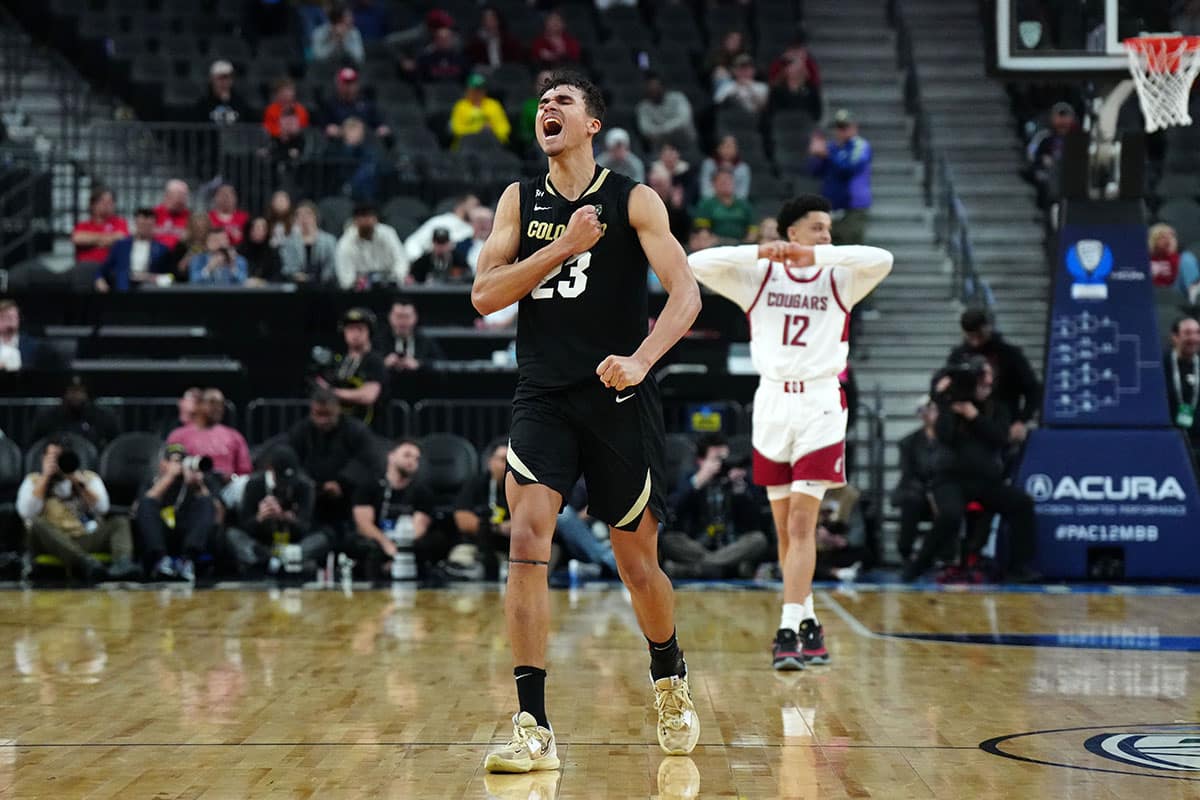
TdS: I feel like the main difference is just experience. Playing in college for four years, you kind of see a lot. You play against a lot of different people of different skills and styles of play. The most important factor is that you go through different roles on the team. What I mean by that is you come in as a freshman who doesn’t play a lot and exit, at least in my case, a proven player who can do a little bit of everything. I didn’t play much my freshman year, but I was given an opportunity to step up my sophomore season. I wasn’t “the guy,” but I stepped up for my team and became a valuable role player.
My junior year, that’s when I stepped up into the role of being more of a leader and dominant force on offense and defense. My senior year is when I solidified this role for myself. I know what I am capable of doing and understand my strengths and weaknesses a lot more now because of the growth I made over my four years. People think that just because you are older, you’re a more complete player. For me, I know I can still get even better than I am from both a physical standpoint and development as a player. There is still plenty of room for me to grow, and I am excited for the journey.
CP: You got to participate at the combine with two of your fellow Buffalo teammates: Cody Williams and KJ Simpson. What was it like going through the pre-draft process with those guys knowing that while you wanted to perform well individually, you were supporting one another as well.
TdS: [Tristan smirked and nodded head in approval] Yeah, I loved it. There were actually a lot of guys I either played against or played with at the combine. Nique Clifford from Colorado State, who was my teammate for three years, was there. Ariel Hukporti, who I hadn’t seen in about five years, is another guy that I had a good time seeing and catching up with. He’s German as well and used to play for a nearby club when I was playing in Munich. Obviously, I got to meet a lot of new guys as well.
With KJ [Simpson] and Cody [Williams] there, it was kind of like the Colorado locker room at the dinner table in Chicago. It was pretty funny and we were just goofing around. Every time I saw them on the way to the combine and medical testing, we started talking and we were all happy to see one another. I am obviously rooting for them and I am convinced they are going to do great.
CP: From the very moment a team drafts you, how will you be able to positively impact a franchise right away?
Tristan da Silva’s career-high 30 points lead @CUBuffsMBB in a blowout win over Oregon! 🦬
#GoBuffs | #Pac12MBB pic.twitter.com/BdRS0d6MsT
— Pac-12 Conference (@pac12) January 6, 2023
TdS: First off, my competitive grit. I hate losing. In any drill or any game that I am a part of, I want to win. I am super competitive in anything. In terms of being on the court, I know I am a great shooter. With my size and having the ability to stretch the floor like that, it will bring a lot of value to any NBA team. My ability to guard multiple positions on defense and simply be a versatile player who can bring a lot of the table defensively stands out. As soon as I get adjusted to the pace and the physicality and all of that stuff, my basketball IQ will stand out. I am a quick learner, and I try not to make the same mistakes more than once. That’s how I grow. Whatever the organization needs from me, they will get it.
CP: Either current or past players, who are some of your role models and guys you looked to model your game after?
TdS: I wouldn’t really say… Well, a role model is kind of like someone I look up to as a player or person. That would be my brother. There isn’t necessarily any NBA player that I look at and am like, ‘Oh wow, this guy is perfect,’ because I am too far away from those guys to know if I actually want to be like them or not. I never tried to copy any NBA players growing up. My brother was always the one paving the way for me to pursue that career at the collegiate level and make the step into the pros at the right time.
There are a lot of NBA players that I do enjoy watching and taking things from and they’re all over the place. I am versatile, so I feel like picking up things from different positions, players, and styles helps my game a lot. But then there are players who are similar in size, like Franz Wagner. The German connection is kind of obvious there. Older players like Pascal Siakam and Khris Middleton are two others that I can look at and learn a lot from.
CP: If a team asks why they should select you in the NBA Draft, what would your response be?
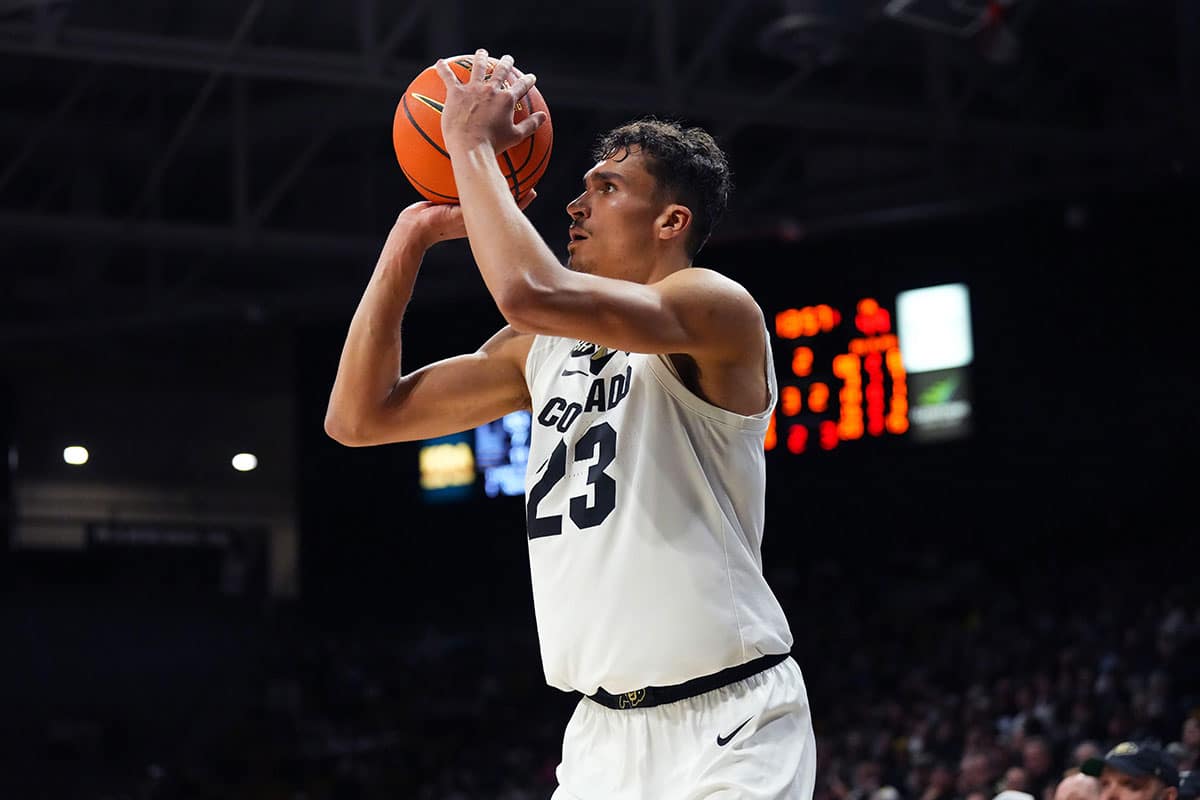
TdS: I bring value. They want value? Well, I am going to bring it. Organizations are looking for guys who want to not only play at a high level, but be a part of their family. That fits what I am looking for perfectly. If you’ve seen me over these last four years, you have a good idea of the type of person and player I am. If NBA teams are still questioning whether I can bring anything to the table for them, then it’s a mistake on their part!

